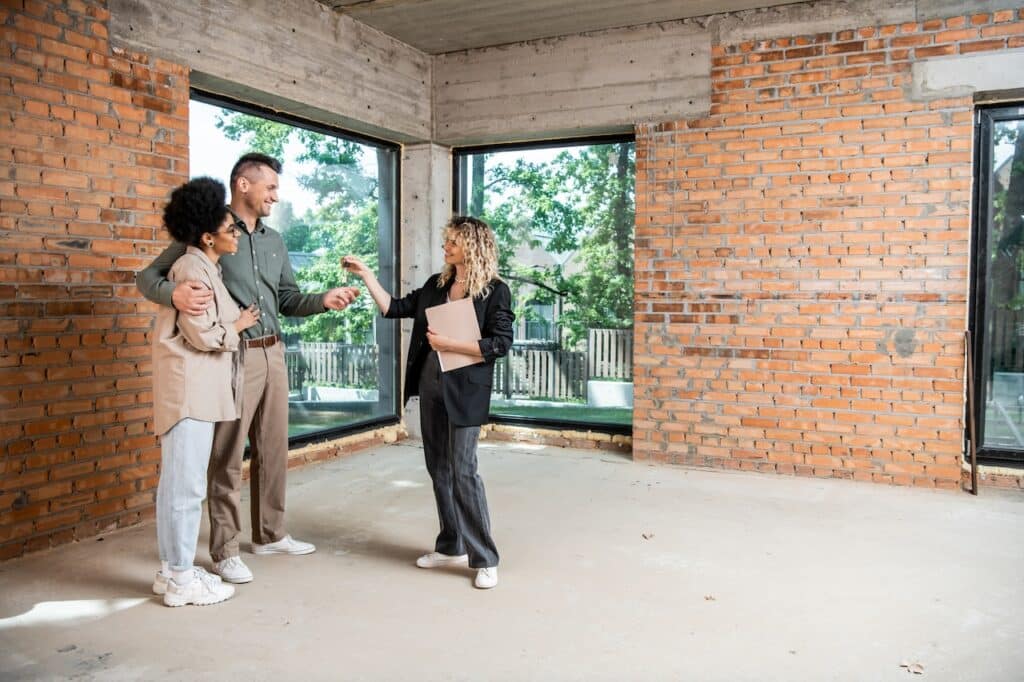It’s inspection time again! Grab your clipboard and pen, and let’s dive into the nitty-gritty details. As a diligent property manager, conducting regular inspections is a cornerstone of your responsibilities.
These inspections are not only important for ensuring that your rental properties remain in top-notch condition but they also give you the chance to detect and address potential issues well before they escalate into substantial eye-sores and money drainers.
Understanding Rental Property Inspections
Rental property inspections are evaluations of a property’s condition, typically conducted before a new tenant moves in, during their tenancy, and after they move out. These inspections help managers ensure that the property complies with health and safety regulations, and they also maintain the property’s appeal to potential renters.
Why Are They Important?
Regular inspections prevent small issues from becoming big problems, saving money in the long run. If you are consistent with the inspections, you can avoid any of the following:
- Unexpected Repair Costs: By identifying and addressing issues early, you can avoid costly, unexpected repairs that might arise from neglect.
- Tenant Disputes: Regular inspections provide a clear record of property conditions at various times, which can help resolve disputes regarding who is responsible for damages.
- Compliance Issues: Staying on top of inspections ensures the property meets all local health and safety standards, preventing legal issues and fines.
- Decreased Property Value: Ongoing maintenance and inspections help retain and potentially increase the property’s value over time, making it more appealing to future tenants and buyers.
So how do you make the most out of your property inspection? Check out the following best practices:
1. Ensure You Have an Inspector (That You Trust)
Whether it’s you, a member of your team, or a professional inspector, make sure the person conducting the inspection is knowledgeable and trustworthy. This individual should have a keen eye for detail and a good understanding of what problems to look for.
2. Take Notes
Documentation is key during inspections. Whether you prefer traditional pen and paper or a digital notes app, ensure you have the means to record findings accurately. This will be crucial for follow-up and comparison between successive inspections.
3. Check Disclosures
Always review any disclosures provided by tenants or previous property managers. These can offer insights into past issues and areas that might need special attention during your inspection.
4. Take Pictures
A picture is worth a thousand words, especially when it comes to property condition. Photographs provide a visual record of the property’s condition at the time of inspection, which can be invaluable for comparison purposes or if disputes arise.
5. Don’t Be Afraid to Ask Questions
If you’re inspecting a property with the current tenants present, use the opportunity to ask about any concerns they might have. This not only helps build a good relationship with the tenants but can also uncover hidden issues.
6. Look Beyond the Surface
While it’s important to check the aesthetics of a property, don’t forget to look deeper. Check for signs of hidden damage, like water leaks or pest infestations, that could lead to bigger problems down the line.
7. Follow a Checklist
To ensure consistency and thoroughness, use a checklist for every inspection. This should cover every aspect of the property, from the roof to the foundation, including all appliances and systems.
Maximize Rental Property Value and Tenant Satisfaction
Rental property inspections are crucial for maintaining your investment’s value and ensuring tenant safety and comfort. Following these seven best practices makes inspections more effective and efficient.If you are looking for a property management company that prioritizes thorough inspections and proactive care, Amanica is your go-to for rental property management. With our expertise and commitment, your properties will be well-maintained and profitable. Contact us to learn more about our rental property inspection services.


